Turkey Time! 1
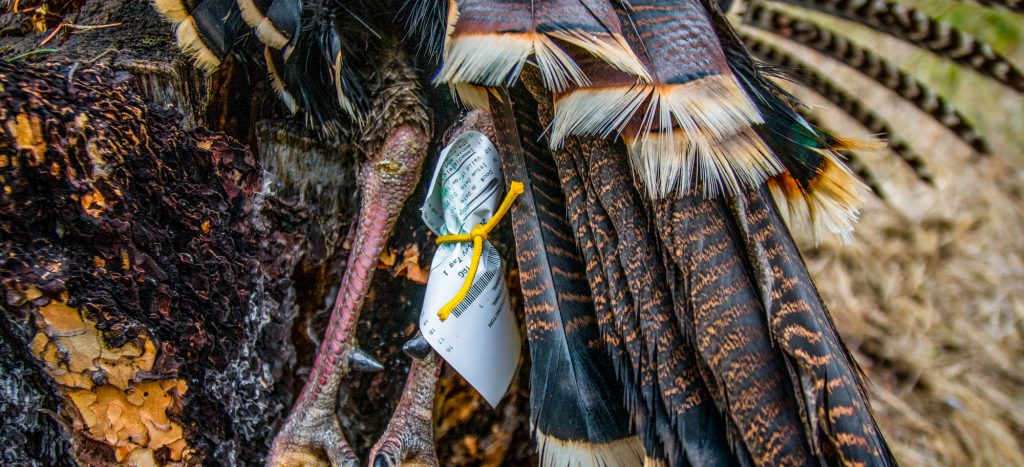
Spring Turkey Hunting Tips
by Jason Brooks
With Turkey season upon us it is time to put on some camo, lace up the boots and of course don’t forget the bug repellant. Turkey hunting is our first chance to get out and hunt with the springtime seasons which is why it is becoming such a popular hunt. They really aren’t that hard to find but getting them to come in close can be both frustrating and exhilarating at the same time. Here are a few tips on how to hunt spring turkeys.
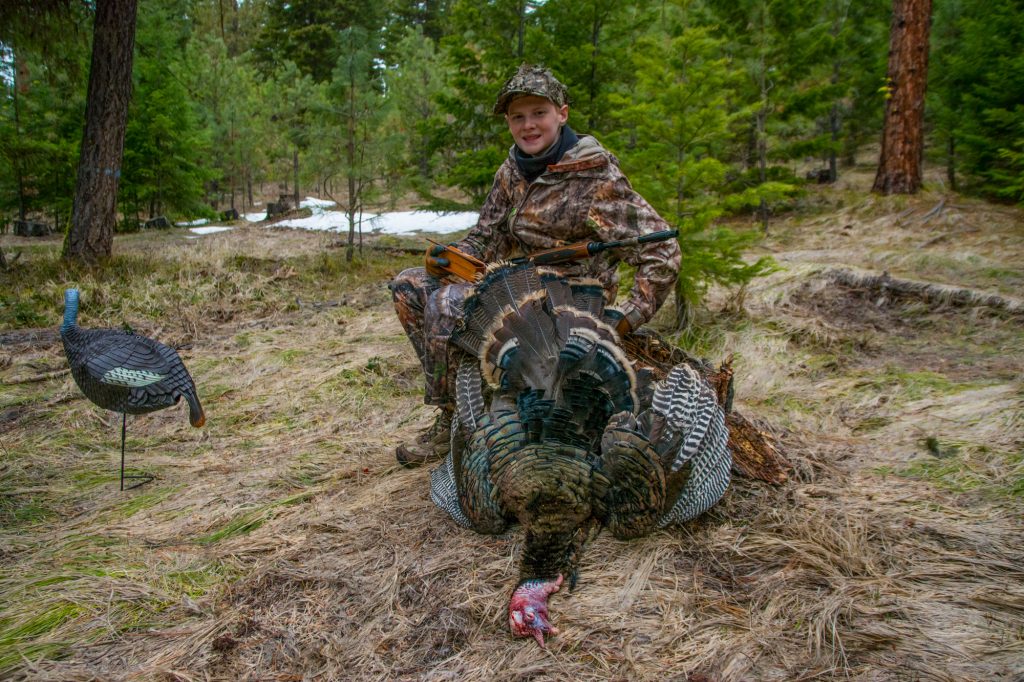
Learn the language. Turkeys are very vocal and one of the best ways to get a Gobbler to come to you is to mimic the same sounds you are hearing from other birds. Mature Tom’s want to breed so if you sound like a calm hen then they will come to you. But if you make the mistake of giving an alarm call then all birds in the area will become wary. If I am calling to a Gobbler that already has a few hens then I will return the call that the nearby hens are making, cluck for cluck, yelp for yelp, purr for purr. Making these sounds is fairly simple. Start with a “push-pull” call and a box call. Both are easy to use and within minutes you are sounding like a hen turkey. The “pot and peg” is the most common due to their versatility and if you already know how to use a mouth reed for calling in elk then you can easily switch to a turkey reed.
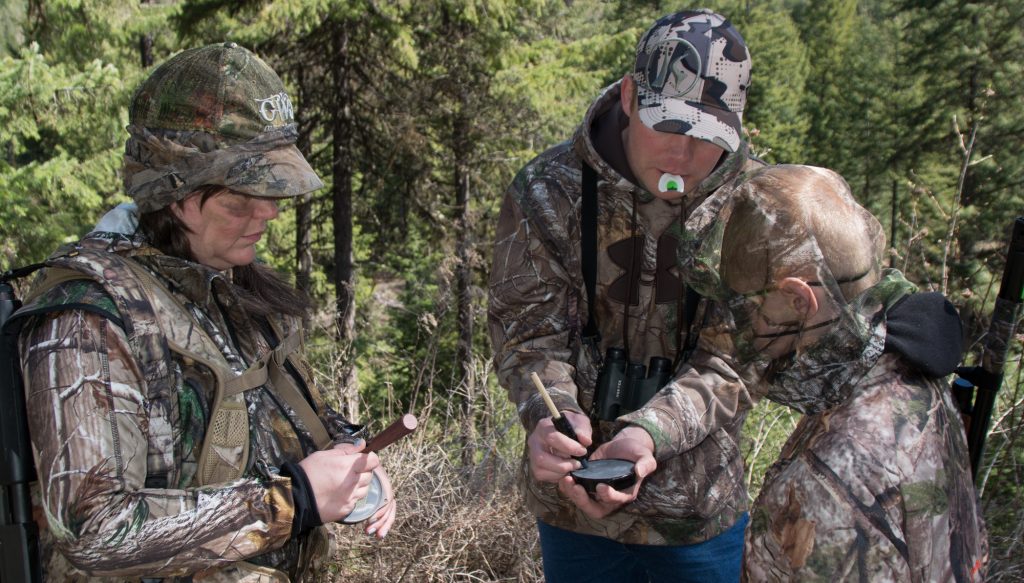
Locate birds. This seems simple enough but really there are a few ways to find them without disturbing them. The best tell-tale sign is bird scat. After a recent rain storm I hiked up an old logging road and starting finding scat. Knowing that most old sign had washed away in the rain this told me that there were birds in the area. I didn’t have to see or even hear any turkeys to know that they were there. You can locate birds in the roost during the pre-dawn and evening hours with some simple clucks or even a Gobble and know the birds will be there the next morning.
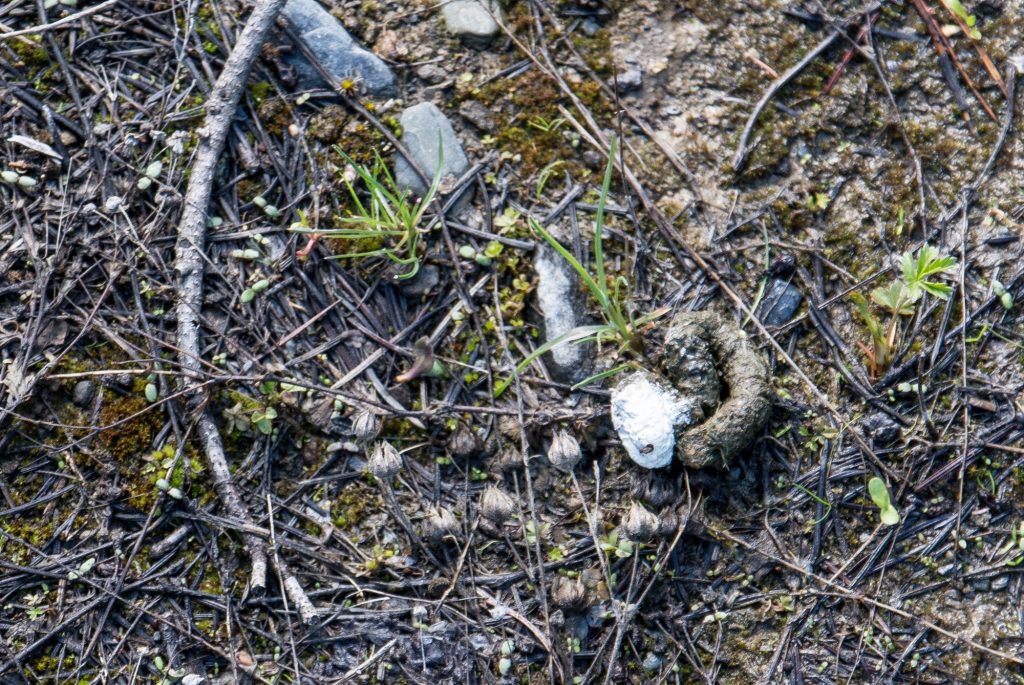
Set up for the shot. A single hen decoy is all you need, though two or three hen decoys can bring in hesitant gobblers. Arrange them in a way that they look like they are feeding and relaxed facing different directions. Personally I don’t use a Tom decoy as I don’t want any turkeys to hold up thinking a mature Tom is already there and ready for a fight. I also don’t want to bring in other hunters. Be sure to wear full camo, including a face mask and sit with your back to cover. If I have a choice between standing at the base of a pine tree or sitting, I always stand. This is because I can see better, shift easier, and most importantly I don’t look like a turkey sitting on the ground in case another hunter does try to sneak in. Put the decoy within shooting distance, and even better is to put it out half the distance of your weapon’s range. For example, if you pattern your shotgun for forty yards then put the decoy out at twenty yards. This way if the Gobbler “hangs up” he might still be within shooting distance. Most of the time I place the decoy about fifteen yards from me.
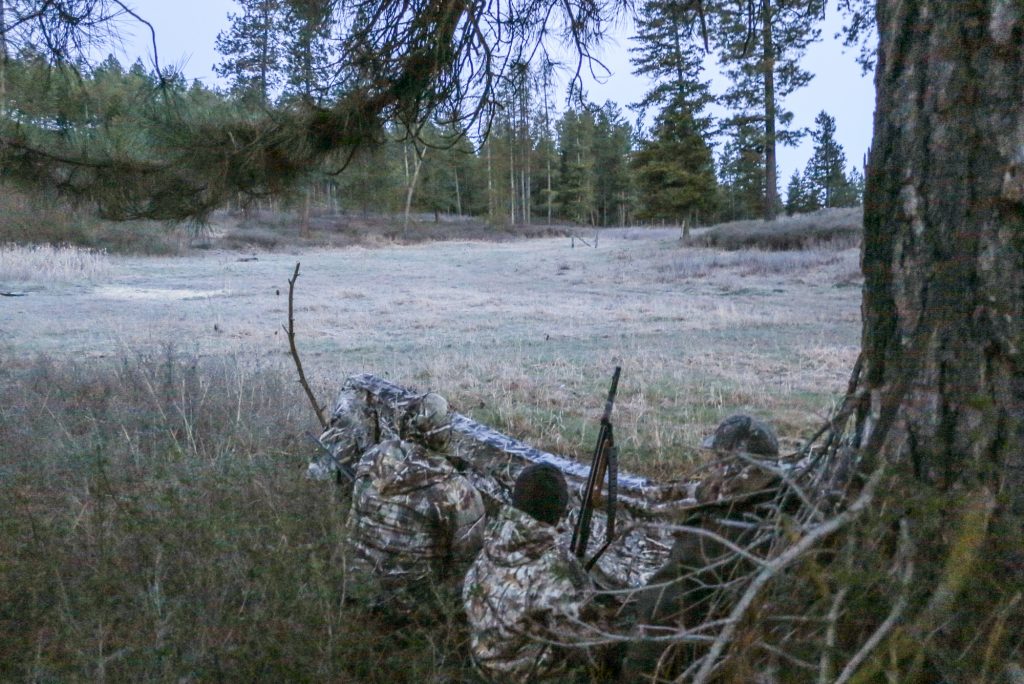
Weather dependent. If it is raining, then know that this is the hardest weather conditions you can hunt in. It might be best to try another day but of course if this is your only day to hunt then still hunting until you find fresh sign and then set up can be productive. On sunny, overcast and even snowing days the turkeys come out of the roost to scratch, feed, and of course look to breed. On a recent youth weekend hunt in Washington state my son killed a gobbler as it started to snow. The following day another young hunter took his first bird during a white out snowstorm.
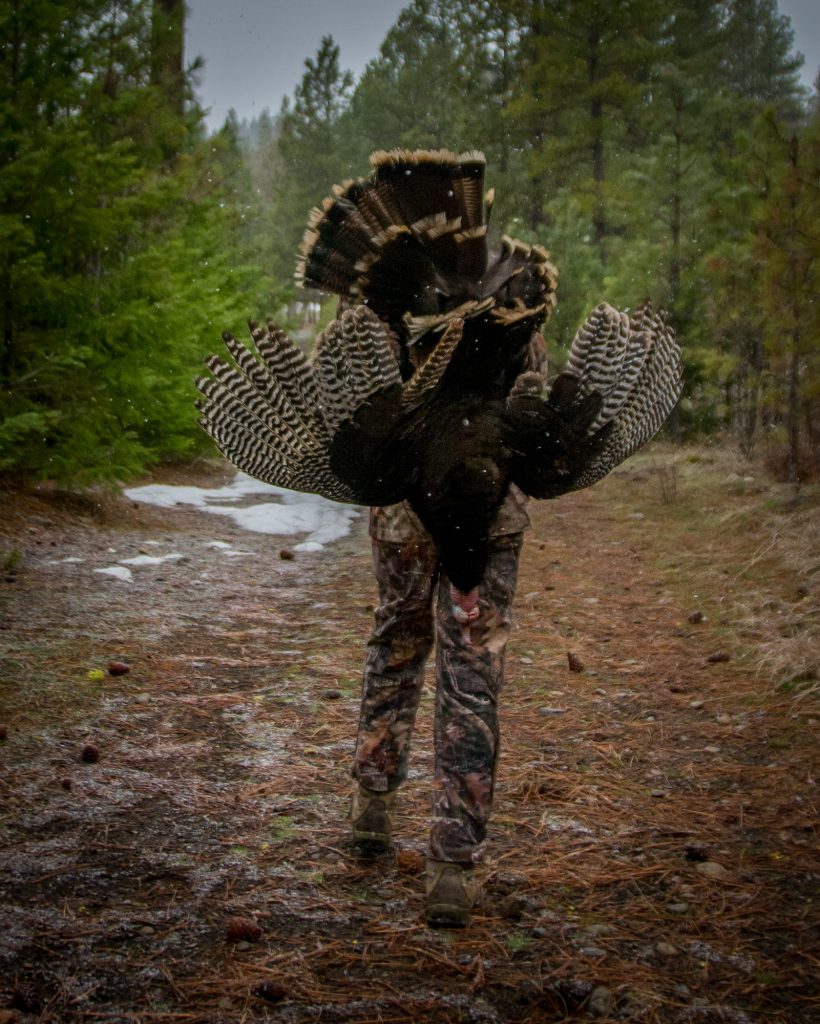
Spring turkey hunts are a lot of fun and a great way to get a new hunter afield. Once you go on a hunt it can become a bit addicting. Luckily most states allow for more than one turkey bag limit each spring and offer over the counter tags.
The Outdoor Line Field Editorh


This is my first license for a turkey. I am 79 years old. Have not been turkey hunting with a bow. That's all I have to take a turkey with. I don't have any camouflage or anything how can I go there and get a turkey!